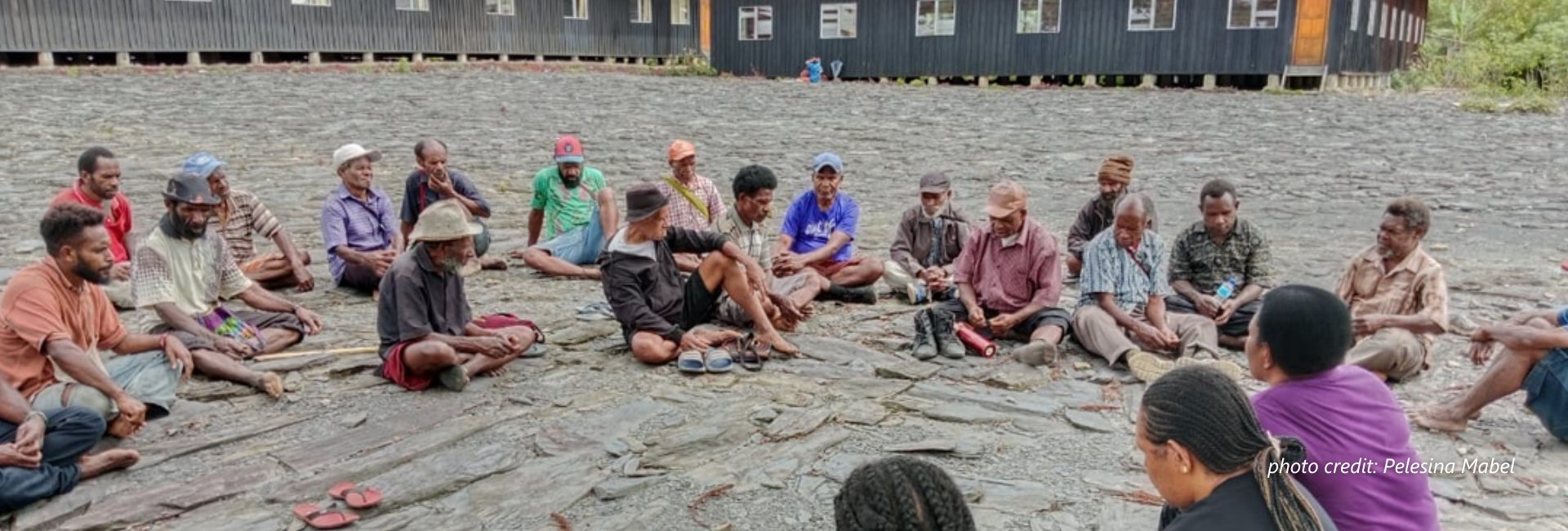Strengthening the capacity of civil society organizations (CSOs) in Indonesia is a strategic investment that is becoming increasingly important to support democracy and achieve the welfare of the Indonesian people. Furthermore, strengthening CSOs is essential to safeguarding human rights and promoting the rights of minorities, women, children, and other vulnerable groups. CSOs actively participate in environmental conservation campaigns, promote sustainable development practices, ensure responsible use of natural resources, and build a more accountable governance system that gives voice to vulnerable and marginalized groups.
However, many CSOs face challenges that can hinder their sustainability. These challenges include:
- shrinking civic space for civil society to participate in development;
- weak capacity of CSOs in various aspects, such as organizational management, including human resources, managerial skills, and funding sources; and
- capacity gaps and differences in context between CSOs in different regions of Indonesia.
CSOs need support to enhance their capacity, particularly in organizational management, including aspects of human resources, managerial capabilities, and funding sources.
Despite the efforts of various actors, including national and international organizations, to support CSOs, a lack of comprehensive data on the profile and needs of CSOs across different regions remains a challenge. To address this challenge, SMERU, with the support of Yayasan KEHATI (as the manager of the Ananta Fund), undertakes a study, Strengthening Indonesian Civil Society Organizations (CSOs): A Baseline Study of CSOs in Western, Central, and Eastern Indonesia.
This study seeks to develop a more comprehensive understanding of the profile, role, and capacity of CSOs in Indonesia, while also identifying the challenges they face and analyzing their needs for capacity building.
This study can also serve as a foundation for funding agencies like Yayasan KEHATI to develop more targeted and effective CSO strengthening strategies based on data and research.
This study employs qualitative and quantitative approaches. Quantitative data collection is carried out through online questionnaire distribution sent to CSOs aligned with the issues and areas within the scope of the study. The initial data is sourced from SMERU's NGO Database, then filtered based on scope of work and geographical location, followed by re-verification to confirm whether the organizations are still active. In addition to sending the questionnaire link directly to the CSOs, through their WhatsApp number and email, we also announce it on SMERU’s social media platforms.
Meanwhile, the qualitative approach involves interviews with representatives from CSOs, organization that provides capacity building programs for CSOss, and other stakeholders, focusing on the ecosystem and capacity-building needs.
Data mapping includes:
- Brief profiles of every CSOs surveyed
- Specific issues that need to be addressed by CSOs in each category of region
- The need for sustained institutional capacity building, including addressing specific challenges
Mechanisms for enhancing the capacity of CSOs, including incubation models and institutions that can support the strengthening of CSO institutional capacity



